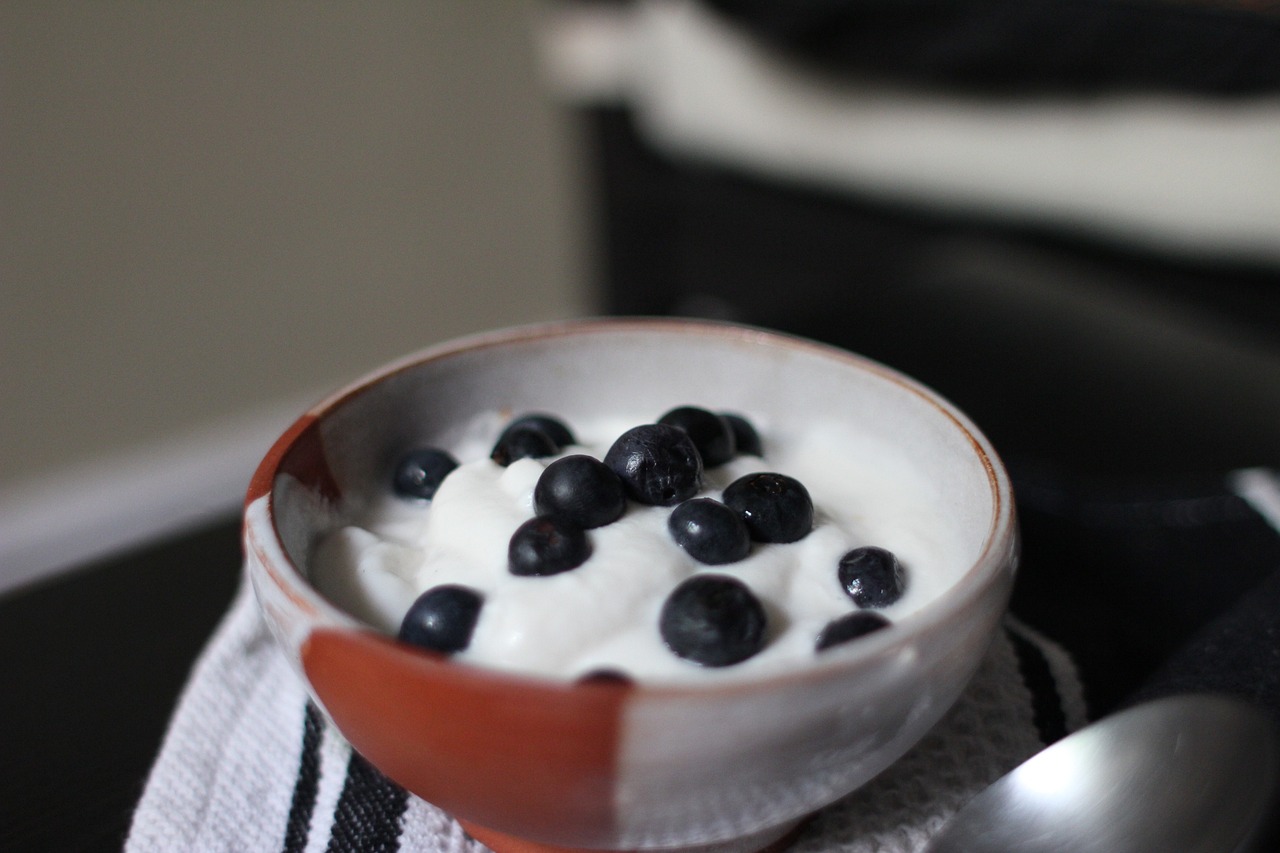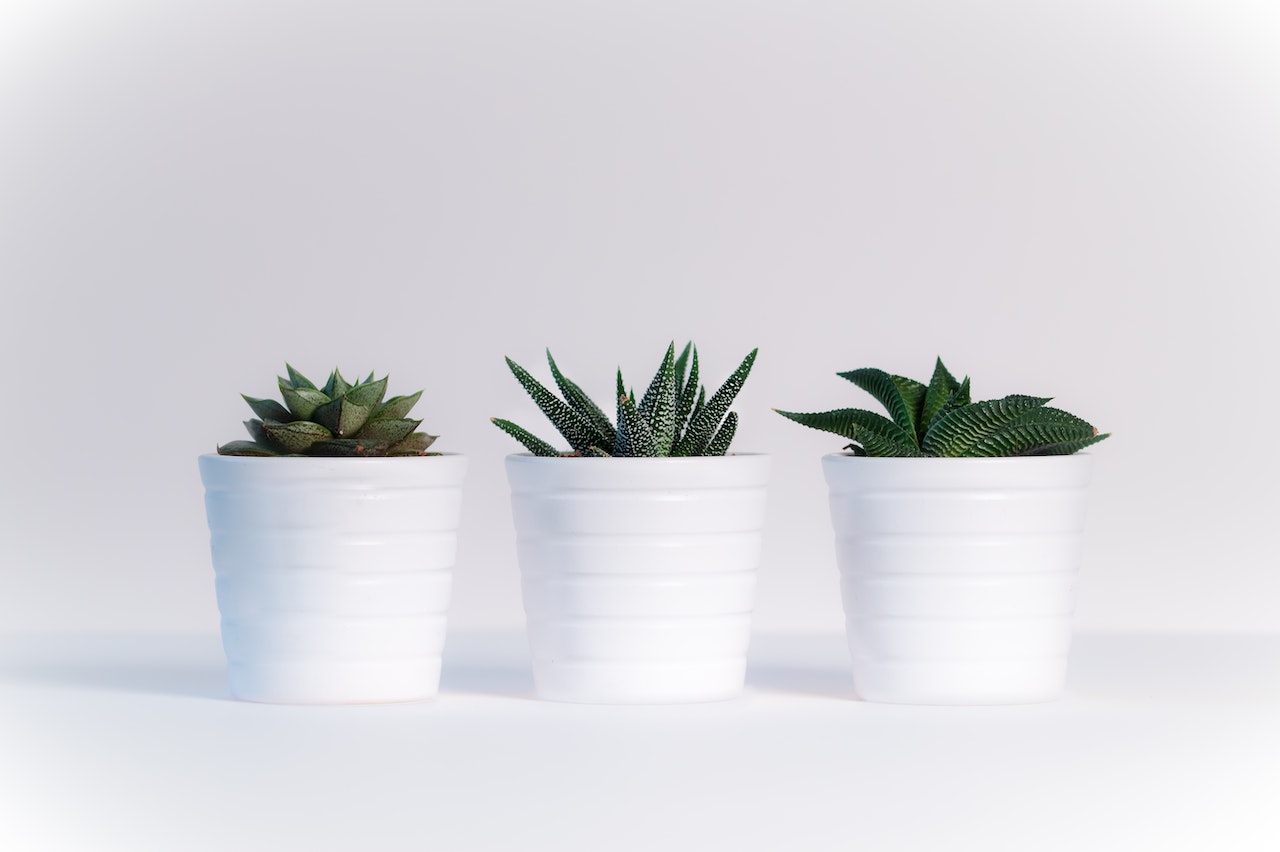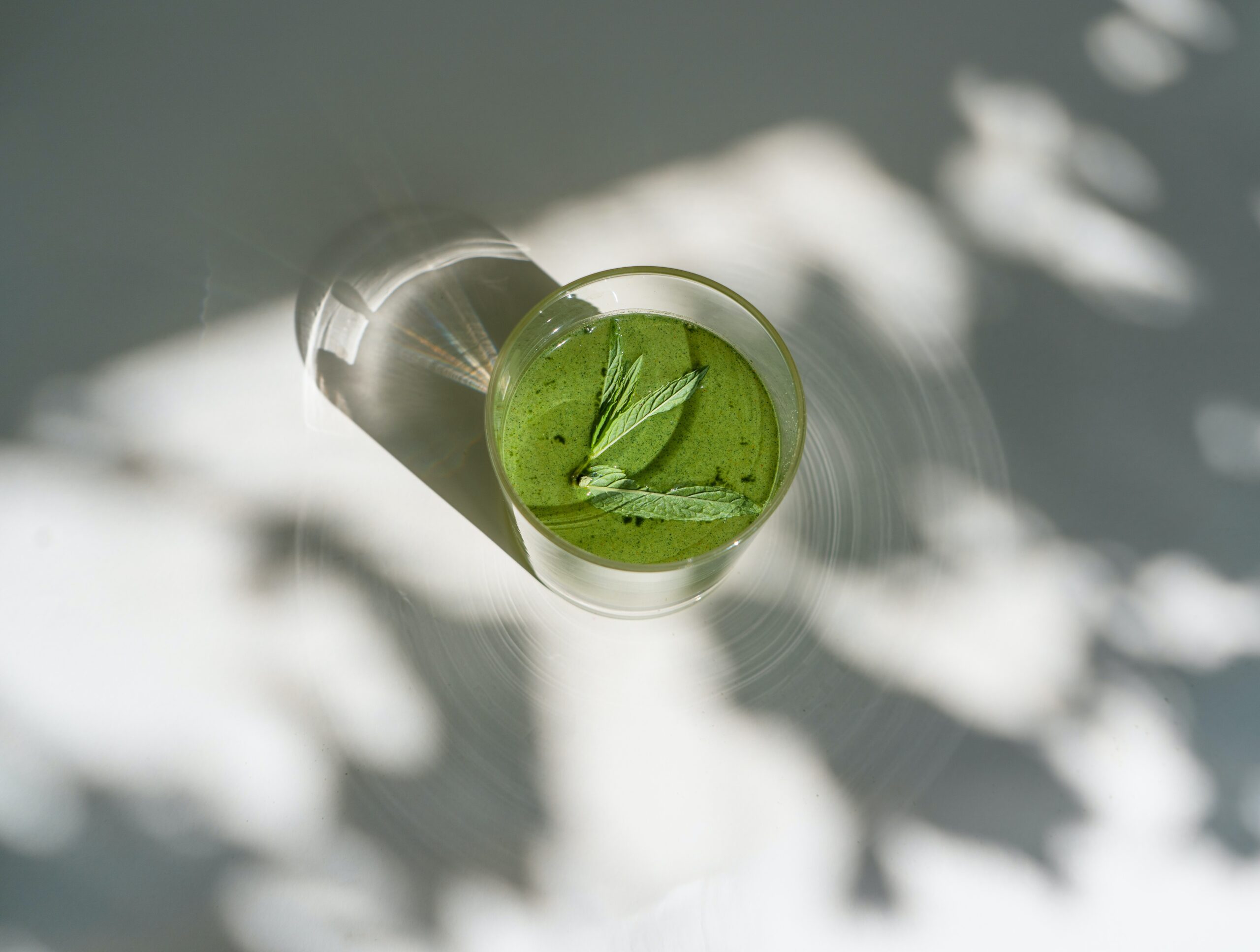In the pursuit of well-being and happiness, we often overlook a crucial element: self-compassion. It is an invaluable practice that can profoundly impact our lives. In this article, we will delve into the science behind self-compassion and explore its numerous benefits. By understanding the research and embracing self-compassion, we can enhance our overall well-being and nurture a healthier relationship with ourselves.

Table of Contents
Understanding Self-Compassion
Self-compassion goes beyond a little t.l.c. It involves treating ourselves with kindness, acknowledging our shared humanity, and embracing mindfulness. Self-compassion is the practice of being gentle and understanding toward ourselves, especially during challenging moments. It’s recognizing that imperfections and mistakes are part of the human experience, and we need not beat ourselves up for them.
The Scientific Research
Scientific studies have unraveled the remarkable benefits of self-compassion. When we practice self-compassion, it triggers a cascade of positive effects on our mental and physical health. Research shows that self-compassion can significantly reduce stress, anxiety, and depression. By extending kindness to ourselves, we activate the release of oxytocin, a hormone associated with feelings of relaxation and well-being.
The Scientific Research
Scientific studies have provided compelling evidence for the efficacy of self-compassion in promoting well-being and resilience. Researchers have explored various methodologies to understand the impact of self-compassion on individuals’ mental and physical health.
In one study conducted by Neff and colleagues (2007), participants who engaged in a self-compassion intervention showed significant reductions in negative emotions such as anxiety and depression. They also reported higher levels of positive emotions and life satisfaction. This suggests that self-compassion plays a vital role in fostering emotional well-being and overall life satisfaction.
Moreover, research has demonstrated the physiological benefits of self-compassion. A 2012 study conducted by Breines and Chen found that participants who practiced self-compassion showed lower levels of cortisol, the stress hormone, compared to those who engaged in self-criticism. This suggests that self-compassion may help regulate the stress response, leading to improved physical health.
Another study examined the impact of self-compassion on coping with failure. The researchers found that individuals with high levels of self-compassion were more likely to adopt adaptive coping strategies like seeking social support and engaging in problem-solving, when faced with failure. This indicates that self-compassion enhances resilience and helps individuals navigate challenging situations more effectively.
Furthermore, self-compassion has been shown to have a positive influence on relationships. A study conducted by MacBeth and Gumley (2012) found that people with higher levels of self-compassion reported greater relationship satisfaction and healthier relationship functioning. By being kinder and more understanding toward ourselves, we become more capable of extending compassion and empathy to others, fostering deeper and more fulfilling connections.
The growing body of research on self-compassion highlights its profound impact on our well-being, both mentally and physically. By practicing self-compassion, we can reduce stress, enhance emotional resilience, improve relationships, and cultivate a greater sense of overall well-being.
Furthermore as mentioned, self-compassion enhances resilience. Embracing our imperfections and treating ourselves with understanding enables us to bounce back more easily from setbacks and failures. Self-compassion acts as a protective shield, buffering the impact of negative experiences and fostering emotional strength.
Scientific research provides substantial evidence for the efficacy of self-compassion in promoting well-being and resilience. The studies discussed demonstrate the positive impact of self-compassion on emotional health, physiological responses to stress, coping mechanisms, and relationship satisfaction. By embracing self-compassion, we can foster kinder and more nurturing relationship with ourselves, leading to improved mental and physical well-being.

Cultivating Self-Compassion
Now that we recognize the significance of self-compassion, let’s explore practical ways to cultivate it in our daily lives:
- Self-Awareness: Begin by becoming more aware of your self-talk and inner dialogue. Notice how you speak to yourself during challenging moments. Practice replacing self-criticism with self-compassionate statements, offering yourself words of understanding and support.
- Self-Acceptance: Embrace yourself as you are, with all your strengths and weaknesses. Remember that no one is perfect, and imperfections are what make us human. Treat yourself with the same kindness and understanding you would offer a dear friend facing similar challenges.
- Mindfulness: Incorporate mindfulness exercises into your routine to cultivate self-compassion. Take moments to pause, breathe, and tune into your emotions. Acknowledge any suffering or pain you may be experiencing, and offer yourself words of comfort and reassurance.
Applying Self-Compassion In Daily Life
Self-compassion is not limited to internal reflection but can also be applied in various life situations. Here are some examples of how self-compassion can be practiced:
- Managing Setbacks: When faced with a setback or failure, instead of berating yourself, practice self-compassion. Remind yourself that making mistakes is a natural part of growth and that you are doing your best. Treat yourself with kindness and understanding, offering words of encouragement rather than harsh self-judgment.
- Dealing with Self-Criticism: Replace self-critical thoughts with self-compassionate ones. Challenge the inner critic by cultivating self-compassion in moments of self-doubt. Treat yourself with the same compassion you would show to a loved one who made a mistake or faced a challenging situation.
- Improving Relationships: Self-compassion extends beyond our relationship with ourselves and influences the way we relate to others. When we are kinder to ourselves, we become more understanding and empathetic toward others. This fosters healthier and more fulfilling relationships, characterized by compassion and empathy.
The Best External Resource If You’re Needing Compassion
As mentioned your mental health is key to optimal health and wellness. And I know all about the challenges of life cause life is hard.
As you know I’m a huge proponent of mental wellness and ensuring we all get the help we need when we need it. And of course, I don’t want you just to get any help I want you to get the right help so I am now sponsored by BetterHelp.
BetterHelp is the world’s largest therapy service, and it’s 100% online.
BetterHelp offers a network of over 25,000 licensed and experienced therapists who can help you with a wide range of issues.
Just click on the link below, answer a few questions and get matched with a therapist from the network.
One of the most amazing features of BetterHelp, if you don’t jive with your therapist you can switch to a new one that’s a better fit for you any time free of charge.
With BetterHelp, you get the same professionalism and quality you expect from in-office therapy, but with a therapist who is custom-picked for you, more scheduling flexibility, and at a more affordable price.
FAQ Section
Q: Self-compassion is not easy. Any advice for getting started?
A: Getting started with self-compassion can indeed be challenging, but remember that it is a practice that can be developed over time. Start by cultivating self-awareness and noticing your self-talk. When you catch yourself being self-critical, pause and replace those thoughts with kind and understanding statements. Be patient with yourself and remember that self-compassion is a journey, and every small step counts.
Q: What are some great self-compassion affirmations?
A: Self-compassion affirmations can be powerful tools for nurturing self-kindness. Here are a few examples:
- “I am worthy of love and compassion, just as I am.”
- “I embrace my imperfections and see them as opportunities for growth.”
- “I offer myself kindness and understanding in times of difficulty.”
- “I am deserving of self-care and self-compassion.”
Feel free to customize these affirmations to resonate with your own experiences and needs.
Q: Will mindfulness help me advance my self-compassion routine?
A: Absolutely! Mindfulness and self-compassion go hand in hand. Mindfulness allows us to become more aware of our thoughts, emotions, and sensations without judgment. By practicing mindfulness, we can observe our inner experiences with kindness and non-reactivity, fostering self-compassion. Mindfulness helps us cultivate self-awareness and presence, enabling us to respond to ourselves and others with greater compassion and understanding.
Conclusion
In conclusion, the science behind self-compassion highlights its immense benefits for our overall well-being. By practicing self-compassion, we can reduce stress, enhance resilience, and promote emotional well-being. Cultivating self-compassion in our lives allows us to develop a more compassionate and nurturing relationship with ourselves and, consequently, with others.
Remember, be kind to yourself, embrace your imperfections, and offer yourself the same compassion you would give to someone you deeply care about. As you embark on the journey of self-compassion, may you experience the transformative power it holds.
To further explore the concept of self-compassion and discover additional insights and exercises, I recommend visiting [external link], an invaluable resource on self-compassion.
Now, go forth and blossom in your journey of self-compassion!



































































































































































































































































